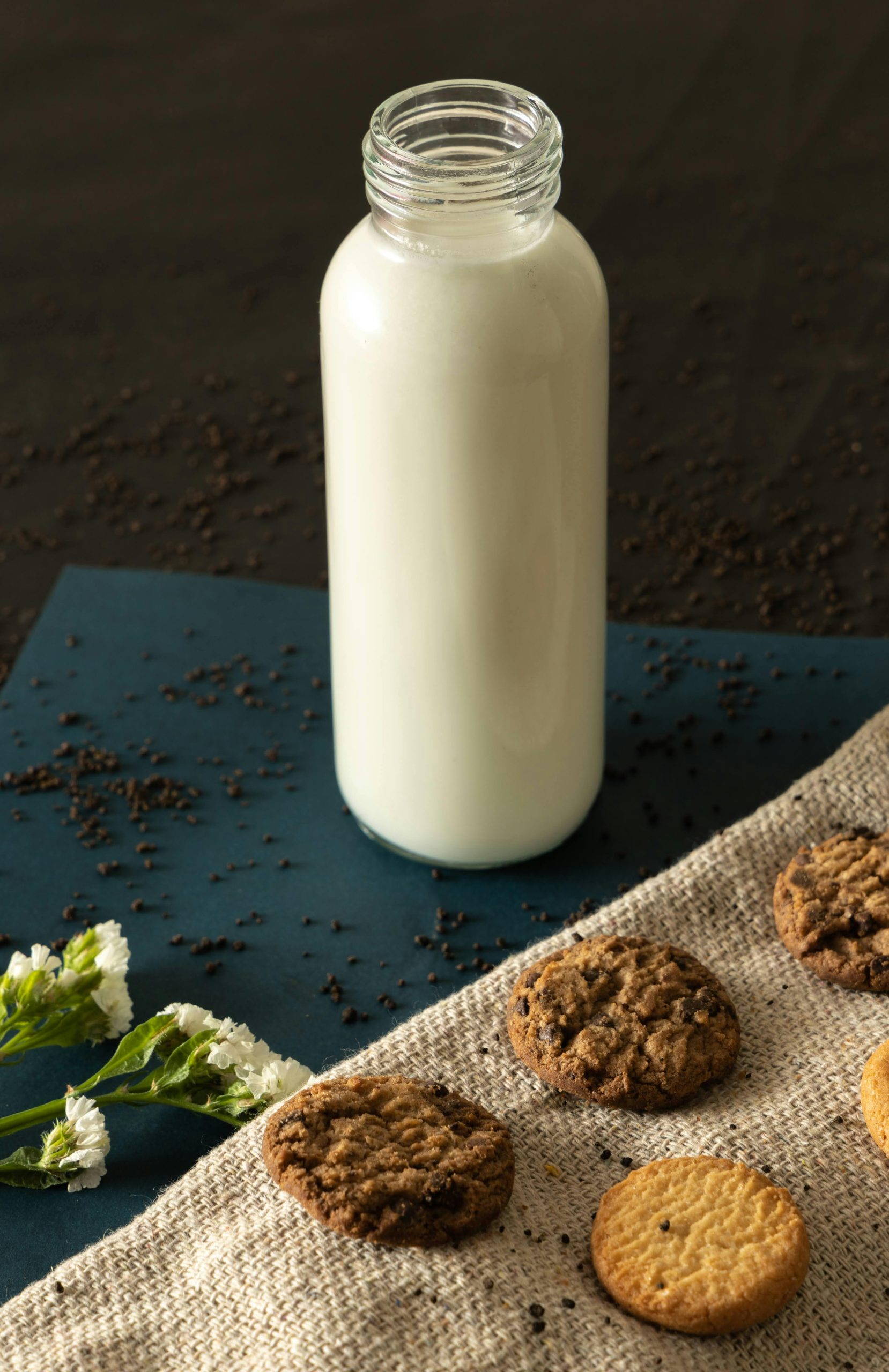A healthy gut is the foundation of overall well-being, influencing everything from digestion to immunity and even mental health. The gut microbiome—home to trillions of bacteria—plays a crucial role in breaking down food, absorbing nutrients, and protecting against harmful pathogens. When your gut is balanced, you feel energized, your skin glows, and your body functions optimally. But poor diet, stress, and lifestyle choices can disrupt this delicate balance. The good news? Simple dietary changes and habits can restore and maintain gut health. Here’s a guide to the best foods and easy tips for a thriving digestive system.
Why Gut Health Matters
Your gut is often called your “second brain” because of its profound impact on your body. A healthy gut microbiome supports:
- Digestion: Beneficial bacteria help break down food and absorb nutrients.
- Immunity: About 70% of your immune system resides in the gut.
- Mental health: The gut-brain axis links gut health to mood and cognitive function.
- Inflammation control: A balanced microbiome reduces chronic inflammation.
When harmful bacteria outnumber the good ones, you may experience bloating, fatigue, food intolerances, or even autoimmune conditions. Prioritizing gut-friendly foods and habits can prevent these issues.
Best Foods for a Healthy Gut
What you eat directly affects your gut microbiome. Incorporate these gut-nourishing foods into your diet:
1. Fermented Foods
Fermented foods are rich in probiotics—live bacteria that replenish your gut microbiome. Some top choices include:
- Yogurt: Opt for plain, unsweetened varieties with live cultures.
- Sauerkraut: Fermented cabbage is packed with probiotics and fiber.
- Kimchi: A spicy Korean dish loaded with beneficial bacteria.
- Kefir: A fermented milk drink with diverse probiotic strains.
2. High-Fiber Foods
Fiber feeds the good bacteria in your gut, promoting their growth. Focus on:
- Whole grains: Oats, quinoa, and brown rice.
- Legumes: Lentils, chickpeas, and black beans.
- Fruits and vegetables: Apples, bananas, broccoli, and Brussels sprouts.
3. Prebiotic-Rich Foods
Prebiotics are non-digestible fibers that nourish probiotics. Add these to your meals:
- Garlic and onions: Boost gut bacteria diversity.
- Asparagus: Supports healthy digestion.
- Jerusalem artichokes: High in inulin, a powerful prebiotic.
4. Bone Broth
Bone broth contains collagen and amino acids like glutamine, which help repair the gut lining and reduce inflammation.
5. Omega-3 Fatty Acids
Found in fatty fish (salmon, mackerel), flaxseeds, and walnuts, omega-3s reduce gut inflammation and support microbial balance.
Simple Lifestyle Tips for Gut Health
Beyond diet, these habits can enhance your gut health:
1. Stay Hydrated
Water aids digestion and prevents constipation, keeping your gut moving smoothly. Aim for at least 8 glasses daily.
2. Manage Stress
Chronic stress disrupts gut bacteria. Practice mindfulness, yoga, or deep breathing to keep stress in check.
3. Get Enough Sleep
Poor sleep harms gut bacteria. Aim for 7-9 hours of quality sleep each night.
4. Exercise Regularly
Physical activity promotes gut diversity and reduces inflammation. Even a daily 30-minute walk helps.
5. Avoid Overuse of Antibiotics
Antibiotics kill both harmful and beneficial bacteria. Use them only when necessary and replenish probiotics afterward.
Foods to Avoid for Gut Health
Certain foods can harm your gut microbiome. Limit or avoid:
- Processed foods: High in sugar, unhealthy fats, and additives.
- Artificial sweeteners: May disrupt gut bacteria balance.
- Excessive alcohol: Damages the gut lining and reduces good bacteria.
- Fried foods: Promote inflammation and harmful bacteria growth.
Conclusion
A healthy gut is key to feeling your best, both physically and mentally. By incorporating probiotic-rich foods, fiber, and prebiotics into your diet—along with stress management, hydration, and regular exercise—you can nurture a thriving microbiome. Small, consistent changes make a big difference over time. Listen to your body, prioritize whole foods, and give your gut the care it deserves. Your digestion, immunity, and overall health will thank you!
